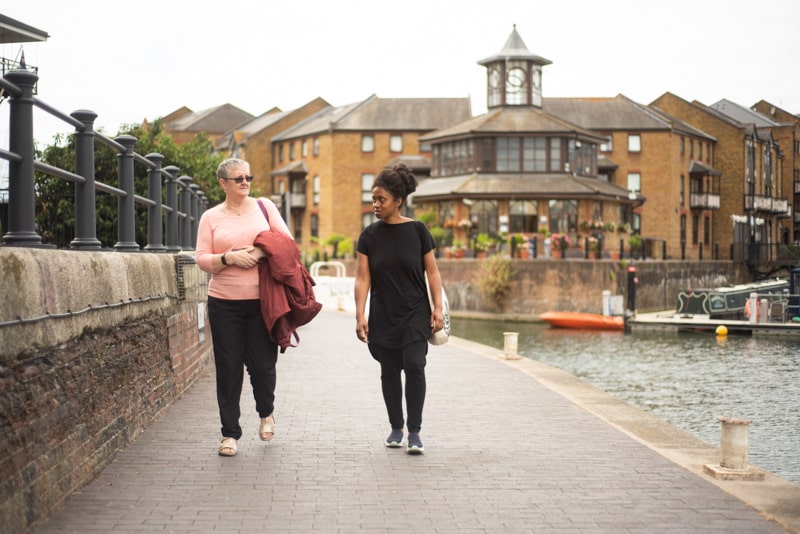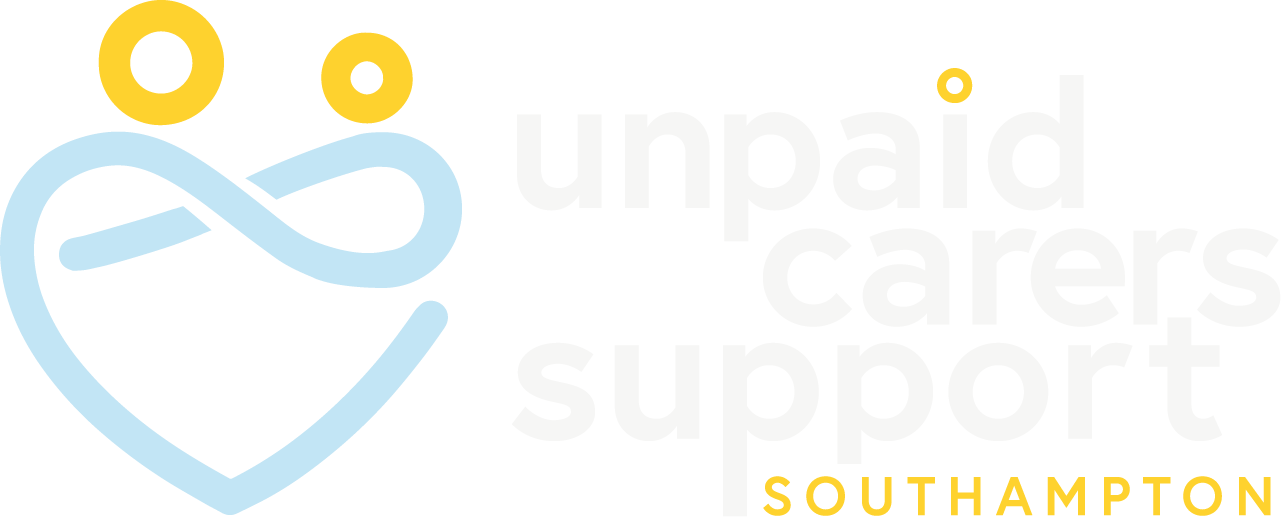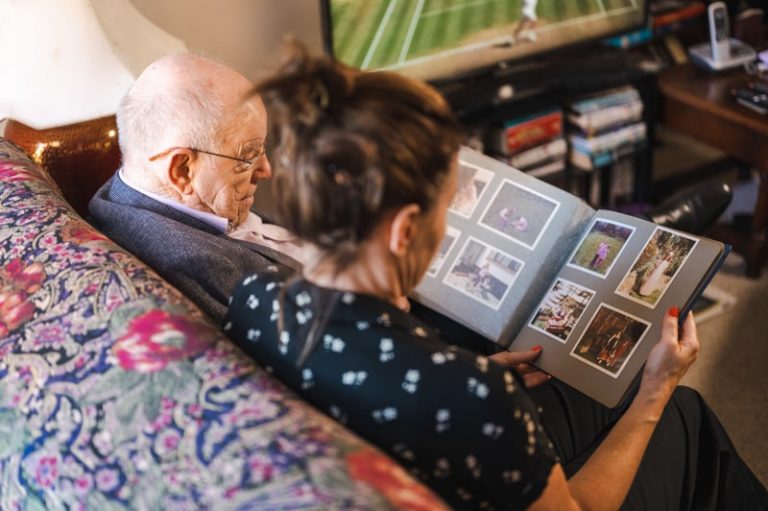Do you support someone who couldn’t manage without you?
Illness, disability, sudden accident, old age; there are many reasons why 3 in 5 of us will need to look after a loved one and become a carer at some point in our lives.

Signs of an unpaid carer
The following are examples and scenarios in which you could identify yourself, or someone you know as being an unpaid carer:
- Multiple phone calls. You’re providing emotional support over the phone, organising shopping and appointments. The caller may be experiencing memory problems, forgetting they’ve already called.
- Lateness, absences, or you’re disengaged at work because you’re having to visit someone else to check on them, provide them with shopping, or help them with their morning routine.
- No time for social activities – you’re cancelling plans, too busy doing things for other people.
- Signs of physical and mental strain. This could be a lack of personal care, a change in appearance, tiredness, stress, fluctuating emotions due to worry about someone else.
- Unable to keep on top of your own everyday tasks such as housework or grocery shopping.
- You’re helping someone with personal care, for example washing and dressing.
- If you or someone you know is encountering these situations, you may want to give us a call, or register with us below.
Adult Carers
Adult carers will be caring for a huge variety of reasons – as parents, spouses, siblings and also as wider family and friends. You can be caring for someone all their life, or only just become, or indeed realise that you are a carer.
Many conditions
Carers look after people with a whole host of conditions and illnesses. Some of the most common situations are
- caring for someone with dementia
- caring for someone suddenly after an accident
- caring for someone with old age
- caring for someone with mental health issues
- caring for someone with autism
- caring for someone with substance abuse or alcohol problems
Under 18? What is a young carer?
Do you know someone aged 8 – 18 who’s caring for a family member?
Or perhaps you’re a young person, and you help care for someone who has an illness, a disability, or is affected by mental ill-health or alcohol/substance misuse.
Southampton has a dedicated service specifically designed to support young carers.


